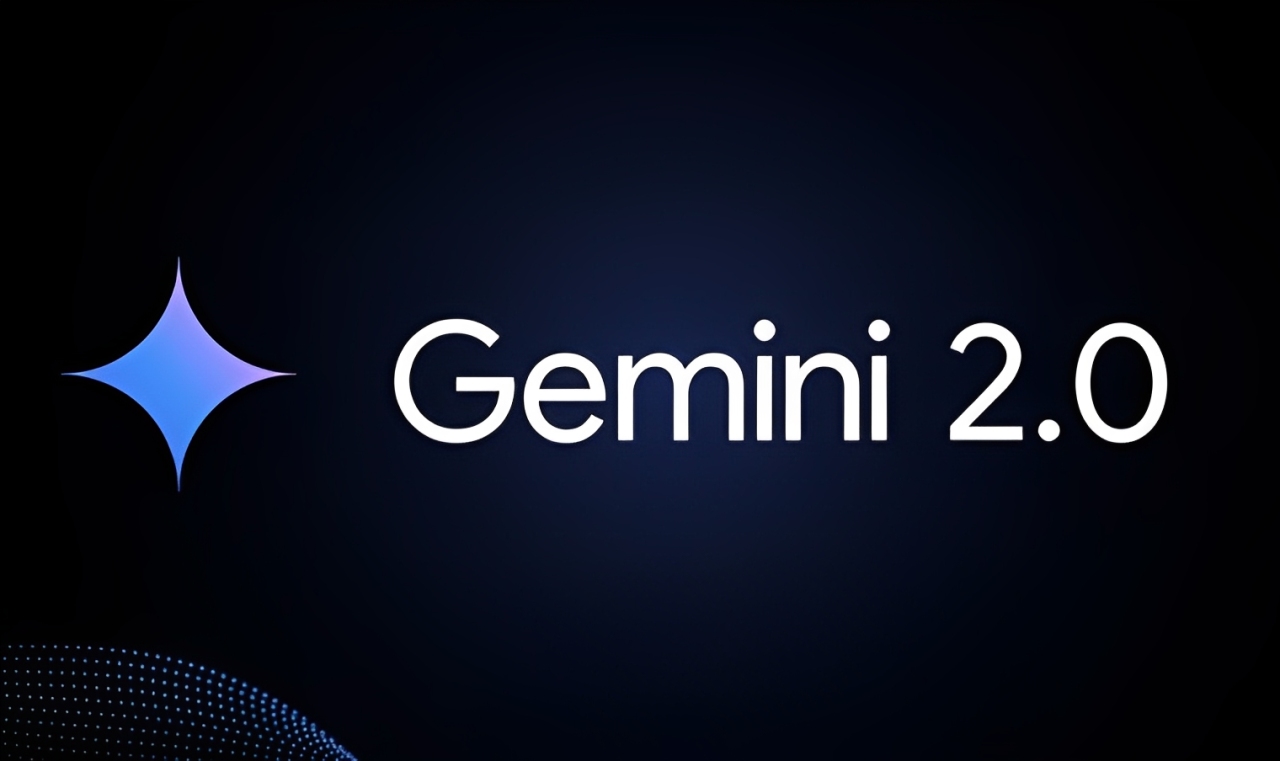
3 Versi Baru Google Gemini 2.0 Resmi Diluncurkan, Berikut Masing-masing Keunikannya
Google baru-baru ini mengumumkan sejumlah pembaruan terkait model kecerdasan buatan (AI) mereka dalam lini Gemini 2.0. Perusahaan ini memperkenalkan berbagai model baru serta peningkatan performa yang dirancang untuk membantu pengembang dalam membangun aplikasi AI yang lebih efisien dan canggih.
Pada bulan lalu, Google memulai era agentik dengan merilis versi eksperimental dari Gemini 2.0 Flash, model AI yang dioptimalkan untuk kecepatan dan efisiensi. Model ini dirancang untuk memiliki latensi rendah dan peningkatan performa dalam berbagai tugas. Kemudian, awal tahun ini, perusahaan memperkenalkan pembaruan 2.0 Flash Thinking Experimental di Google AI Studio, yang mengkombinasikan kecepatan Flash dengan peningkatan kemampuan penalaran untuk menangani masalah yang lebih kompleks.
Dalam langkah lebih lanjut, minggu lalu Google merilis versi terbaru dari 2.0 Flash untuk semua pengguna aplikasi Gemini, baik di desktop maupun seluler. Pembaruan ini memungkinkan pengguna untuk mengeksplorasi berbagai cara baru dalam berkreasi, berinteraksi, dan berkolaborasi dengan model AI ini. Kini, model tersebut juga telah tersedia untuk publik melalui Gemini API di Google AI Studio dan Vertex AI, memberikan akses bagi para pengembang untuk membangun aplikasi produksi berbasis 2.0 Flash.
Selain itu, Google memperkenalkan Gemini 2.0 Pro versi eksperimental, yang diklaim sebagai model terbaik mereka dalam menangani tugas-tugas pemrograman serta eksekusi perintah yang lebih kompleks. Model ini kini tersedia di Google AI Studio dan Vertex AI, serta dapat diakses oleh pengguna Gemini Advanced di aplikasi Gemini.
Google juga meluncurkan model baru bernama Gemini 2.0 Flash-Lite, yang diklaim sebagai model AI paling hemat biaya dalam jajaran Gemini 2.0. Model ini saat ini tersedia dalam versi pratinjau publik (public preview) di Google AI Studio dan Vertex AI. Selain itu, 2.0 Flash Thinking Experimental kini juga dapat digunakan dalam aplikasi Gemini di desktop dan perangkat seluler melalui menu pemilihan model.
Seluruh model yang diumumkan kali ini hadir dengan dukungan input multimodal serta output dalam bentuk teks, sementara fitur-fitur lain diperkirakan akan tersedia dalam beberapa bulan mendatang. Informasi lebih lanjut, termasuk detail harga, dapat ditemukan di blog resmi Google for Developers.
Gemini 2.0 Flash Kini Tersedia untuk Publik
Pertama kali diperkenalkan dalam acara Google I/O 2024, model Gemini 2.0 Flash menarik perhatian banyak pengembang karena kemampuannya dalam menangani tugas berfrekuensi tinggi dan bervolume besar dalam skala besar. Model ini memiliki kapasitas untuk melakukan penalaran multimodal dengan jendela konteks hingga 1 juta token, memungkinkan pemrosesan informasi dalam jumlah besar.
Kini, model 2.0 Flash telah tersedia untuk lebih banyak pengguna di berbagai produk AI Google, dengan peningkatan performa pada tolok ukur utama. Selain itu, kemampuan pembuatan gambar dan fitur text-to-speech juga akan segera ditambahkan dalam waktu dekat. Model ini dapat diuji melalui aplikasi Gemini maupun Gemini API di Google AI Studio dan Vertex AI.
Gemini 2.0 Pro Versi Eksperimental: Model Terbaik untuk Pemrograman dan Tugas Kompleks
Google juga memperkenalkan Gemini 2.0 Pro versi eksperimental, model yang diklaim memiliki kemampuan pemrograman paling kuat di antara semua model yang telah mereka rilis sejauh ini. Model ini dirancang untuk menangani perintah yang lebih kompleks dengan tingkat pemahaman dan penalaran yang lebih baik terhadap berbagai informasi.
Salah satu keunggulan utama dari 2.0 Pro versi eksperimental adalah jendela konteks yang mencapai 2 juta token, menjadikannya model dengan kapasitas terbesar yang pernah dirilis oleh Google. Kemampuan ini memungkinkan model untuk menganalisis informasi dalam jumlah besar, memahami konteks yang lebih luas, serta melakukan pemanggilan alat tambahan seperti Google Search dan eksekusi kode.
Gemini 2.0 Flash-Lite: Model AI Paling Hemat Biaya
Google juga memperkenalkan model Gemini 2.0 Flash-Lite, yang dikembangkan berdasarkan umpan balik positif terhadap model 1.5 Flash. Model ini menawarkan peningkatan kualitas dibandingkan 1.5 Flash, tetapi tetap mempertahankan efisiensi dari segi kecepatan dan biaya operasional.
Seperti 2.0 Flash, model ini juga mendukung jendela konteks hingga 1 juta token serta input multimodal. Google mengklaim bahwa model ini dapat menghasilkan satu baris teks yang relevan berdasarkan sekitar 40.000 foto unik, dengan biaya kurang dari satu dolar pada versi berbayar Google AI Studio. Saat ini, 2.0 Flash-Lite tersedia dalam versi pratinjau publik di Google AI Studio dan Vertex AI.
Keamanan dan Tanggung Jawab dalam Pengembangan Model Gemini
Seiring dengan semakin canggihnya model dalam lini Gemini 2.0, Google terus mengembangkan langkah-langkah keamanan untuk memastikan penggunaan model ini tetap aman dan bertanggung jawab. Salah satu teknik yang digunakan adalah reinforcement learning, di mana model Gemini dilatih untuk mengevaluasi dan mengkritik responnya sendiri. Pendekatan ini memungkinkan peningkatan akurasi serta pengelolaan perintah yang lebih sensitif.
Selain itu, Google juga mengimplementasikan pengujian keamanan otomatis guna mendeteksi risiko potensial, termasuk serangan injeksi perintah tidak langsung. Jenis serangan ini dapat digunakan oleh peretas untuk menyisipkan instruksi berbahaya ke dalam data yang mungkin diproses oleh sistem AI.
Dengan berbagai inovasi ini, Google terus berupaya meningkatkan performa dan keamanan dalam pengembangan lini model Gemini 2.0, sekaligus memberikan solusi AI yang lebih kuat dan efisien bagi pengembang serta pengguna umum.



Comments (0)
Leave Your Comment